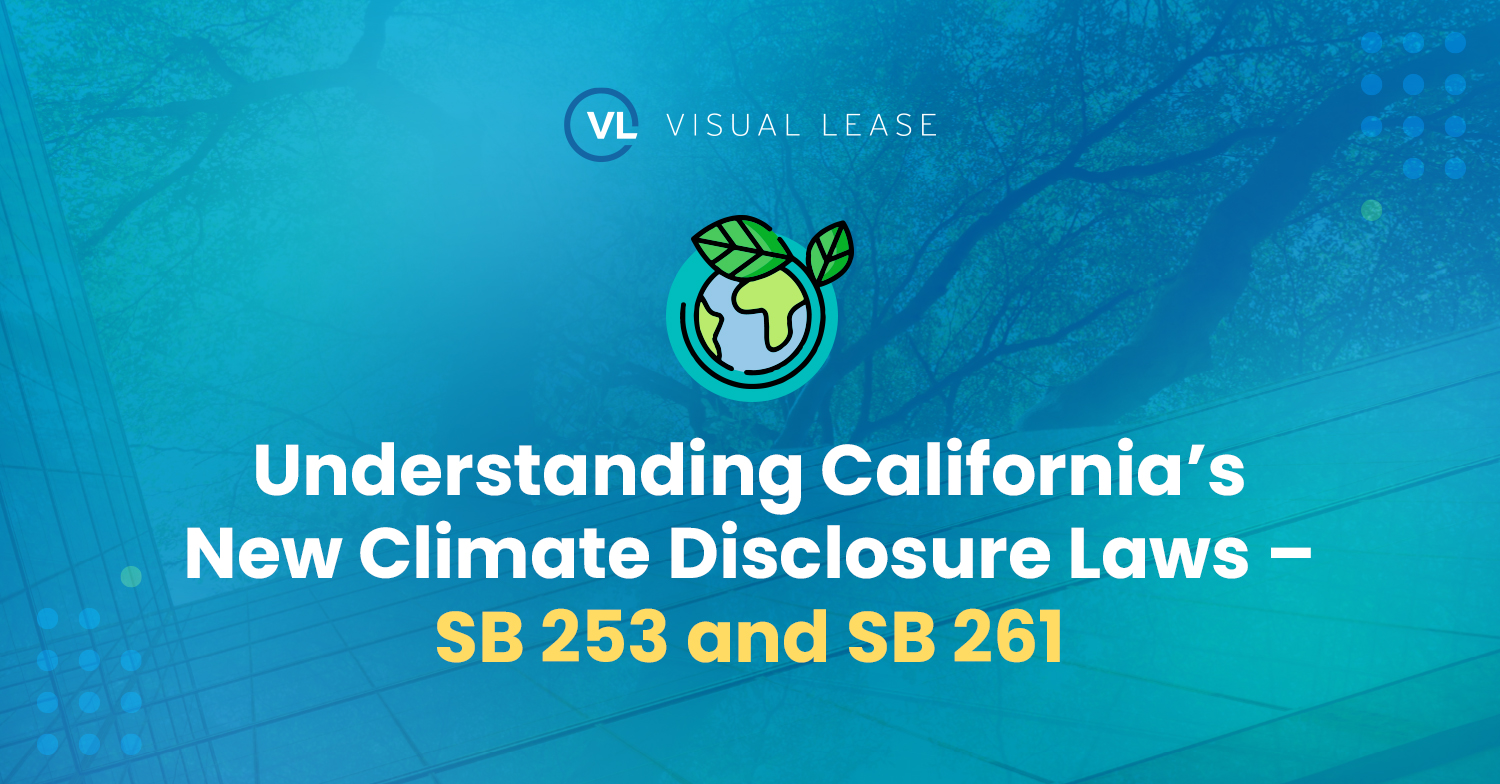
California has taken a significant step toward addressing climate change by enacting the ground-breaking California Climate Accountability Package. This legislation not only sets the stage for comprehensive reporting of carbon emissions but also expands the scope of companies impacted, going beyond publicly traded entities.
In this post, we’ll delve mainly into the details of SB 253, its implications, and the broader landscape of environmental disclosure.
What is the California Climate Accountability Package?
The California Climate Accountability Package comprises two bills, Senate Bill 253 (SB 253) and Senate Bill 261 (SB 261), which mandate both public and private companies operating in California to disclose their greenhouse gas (GHG) emissions as well as climate-related financial risk. These bills were signed into law by Governor Newsom on October 9, 2023.
What is SB-253? Who does it impact?
SB-253, at its core, establishes a robust reporting framework for carbon emissions. Unlike other environmental disclosure laws, SB-253 primarily focuses on carbon emissions and does not encompass additional factors like water waste or biodiversity standards. However, it goes further than future federal SEC guidelines, as it applies to both public and private companies with a revenue threshold of at least $1 billion, doing business in California – expanding the potential scope to a wide range of entities.
What’s Included in SB-253:
- Expanded Coverage: While the SEC regulations will apply primarily to publicly traded companies, SB-253 extends its reach to private companies that meet the revenue threshold, making it applicable to a more extensive group of businesses. The mandated Scope 3 disclosure brings many additional companies under coverage (regardless of their revenue).
- Mandated Scope 3 Disclosures: One significant feature of SB-253 is the requirement for reporting on scope 3 emissions. Although it leaves room for interpretation, this expands the responsibility of businesses to account for indirect emissions, such as employee commutes and business travel.
- Financial Risk Disclosure: SB-253 introduces the Climate-Related Financial Risks Act (SB-261), applicable to companies with a lower revenue threshold of $500 million. This aspect focuses on financial risk disclosure, emphasizing the need for companies to understand and report on the environmental impact of their operations.
- Incremental Reporting: Companies will need to start gathering data for scope 1 and scope 2 emissions from January 2025, with the first reporting year set for 2026. For scope 3, data collection begins in January 2026. This gradual approach allows companies time to prepare for the reporting requirements.
- Increasing Assurance Levels: The law outlines a transition from limited assurance to reasonable assurance for reporting by 2030. This progression emphasizes the importance of accurate and reliable reporting, requiring businesses to prove their emissions data through a full audit trail.
SB-253 represents a significant shift in the landscape of climate disclosure, not only in California but potentially influencing environmental reporting practices nationwide. Its broader coverage, scope 3 requirements, and increasing assurance levels place a premium on accurate data collection and reporting.
The Impact of SB-253:
The California Climate Accountability Package is set to transform climate disclosure practices and emissions reporting for more than ~10,000 companies. Advocates argue that this enhanced accountability will drive large corporations, major greenhouse gas emitters, to reduce their carbon footprint. It also empowers consumers and regulators to identify laggard companies and push them toward climate action, while revealing firms with significant climate-related financial risks. Forward-thinking companies already measuring and disclosing their greenhouse gas emissions will benefit from the proposed reporting framework, which emphasizes their initiatives.
Businesses are gearing up for upcoming disclosures, like the SEC Climate Proposal, reflecting investors’ demand for consistent, reliable climate-related financial information. Many organizations are committed to achieving net-zero emissions, and transparency will enable investors to assess their progress. The new reporting requirements will also help identify value-creation opportunities through accurate carbon accounting, offering insights into emissions profiles and hotspots. These insights can lead to cost-of-capital reductions for sustainability-oriented firms and cater to consumers willing to pay premiums for eco-conscious brands or adjust their buying habits to reduce their carbon footprint.
California’s SB-253 is a significant step toward comprehensive climate disclosure. It not only expands the reporting scope but also emphasizes the need for accurate data and reasonable assurance. Whether driven by compliance or operating in self-interests, businesses should recognize the importance of environmental reporting in a world increasingly focused on sustainability and climate action. SB-253 sets the stage for a more transparent and accountable future, where businesses must take responsibility for their carbon emissions.
What is SB-261?
SB 261, also referred to as the Climate-Related Financial Risk Act, is a California statute designed to enhance transparency regarding climate-related financial risks confronting certain businesses. This legislation mandates that companies with annual revenues exceeding $500 million must:
- Compile biennial reports detailing their climate-related financial risks and strategies for risk mitigation.
- Commence reporting by no later than January 1, 2026.
- Adhere to the guidelines outlined in the Task Force on Climate-Related Financial Disclosure (TCFD) framework.
In essence, SB 261 strives to shed light on the financial vulnerabilities businesses encounter due to climate change, promoting greater awareness and preparedness.
How Can VL ESG Steward Help?
For businesses affected by SB-253 and SB-261, tracking and reporting emissions accurately is paramount. VL ESG Steward provides a platform for capturing, tracking, and reporting on direct and indirect emissions, offering a full audit trail to ensure data accuracy. As regulations evolve, VL continues to enhance its capabilities to meet the specific reporting needs of businesses.























